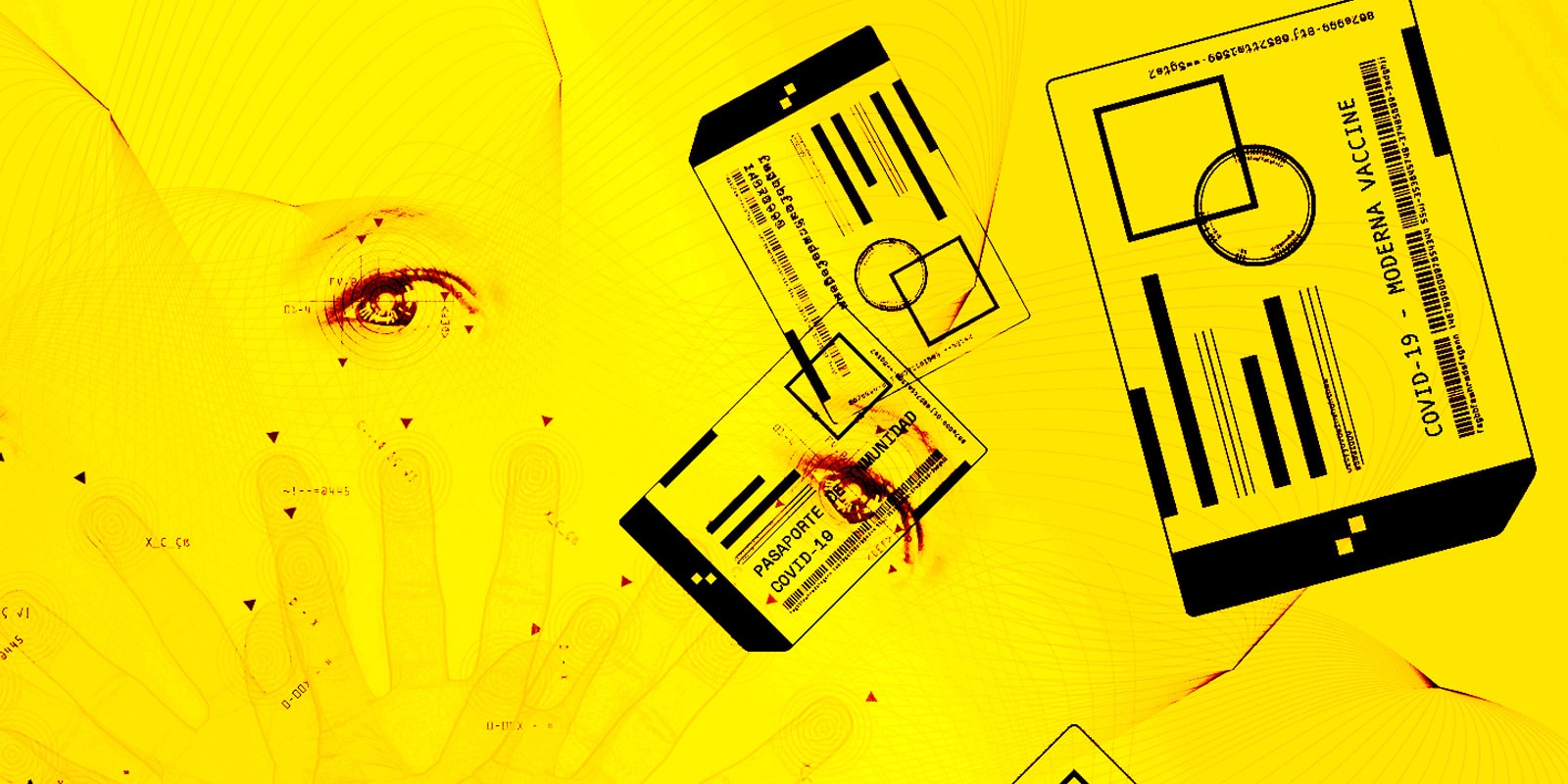As the global COVID-19 vaccine rollout gains momentum, governments from Bahrain to Denmark are clamoring to implement measures to help the world return to pre-virus normality. This includes exploring digital vaccine certificates — or COVID-19 vaccine “passports” — that would record and authenticate a person’s vaccination status. Current proposals, however, threaten human rights by creating space for exclusion and discrimination to flourish, and posing serious long-term threats to the privacy and security of millions of people across the globe. To help inform decision-makers — including governments evaluating proposals, private sector actors supporting the global vaccination effort, and experts formulating public health guidance — and ensure human rights are at the core of any new digital vaccine system, Access Now is launching Protocol for exclusion: why COVID-19 vaccine “passports” threaten human rights.
“COVID-19 is a disease that targets, isolates, and disproportionately affects those already most at risk. A COVID-19 vaccine ‘passport’ that does the same is no solution to combating this unwaning global pandemic,” said Verónica Arroyo, Policy Associate – Latin America at Access Now. “Governments must design and implement systems that put people first, supporting vaccine rollouts rather than contributing to a world where people are split between haves and havenots.”
From inadequate health care access, to increased economic instability, COVID-19 has imposed the highest toll on individuals and communities already marginalized and underserved. Further risks of exclusion and discrimination, and threats to privacy and security include:
- Unequal access to vaccines: Creating divides within and between nations, some countries have secured vaccines for their entire population, others have a partial supply, and many have no vaccination programs in sight.
- Restrictions to freedom of movement and access to services: Digital vaccine certificates could form the basis of access or denial from international travel or, in the cases of Israel and Denmark, potentially deny or grant access to domestic services and spaces.
- Mass collection and processing of health data: Any system would require the collection of personal information, putting individuals’ privacy at risk, and must be protected.
- Entrenchment and proliferation of centralized digital identity systems: Centralized systems carry risks of surveillance, profiling, exclusion, privacy violations, and cybersecurity threats.
“Governments across the globe are rushing to implement new technologies as the catch-all solution for returning to a post-pandemic normal. But in their haste, many have dismissed or ignored the risks of these fast-tracked tools, including digital vaccine certificates,” said Carolyn Tackett, Deputy Advocacy Director at Access Now. “Policymakers, corporations, and developers must all put these potential dangers front and center and actively work to prevent them.”
From the African Union to the European Union, this new report explores and evaluates the human rights impacts of current digital identity programs, biometrics, and early proposals for digital health certificates, as a foundation for any future global mechanisms.
The following infographic of recommendations is generated in Infogram. You can also click here to read it.

